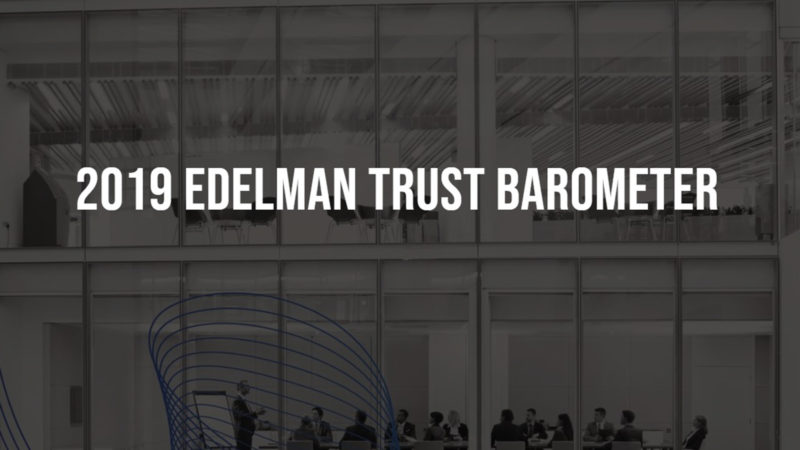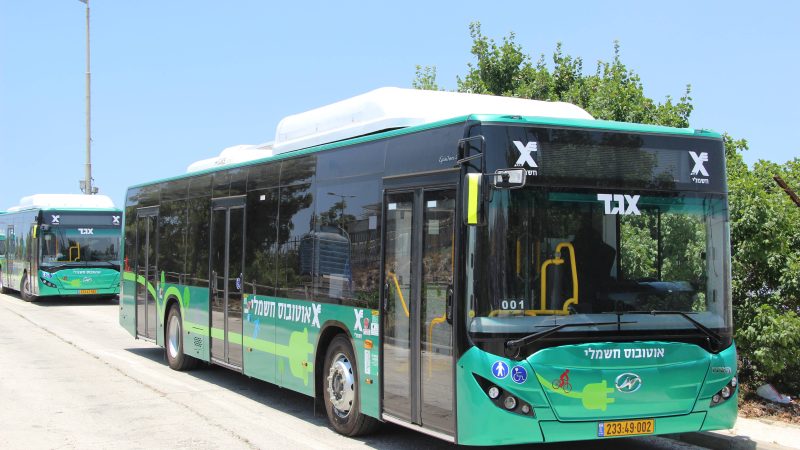
Edelman’s Trust Barometer 2019:Trust in State Institutions is Recovering, Employers are in the Lead
February 6, 2019
The international study of the world’s largest strategic consulting group shows that trust in most institutions (government, private, media or legal) increased by about 3%. More people consume and share news – and the most reliable source of information is the results we get from Google search. “The Millennials and generation Z, which will soon make up the majority of employees, are looking for meaning, not just employment stability,” says Ron Shelly, CEO of Debby & Ron and Managing Partner of the Debby Group.
Edelman’s annual trust barometer which was published this week shows a slight recovery in the level of trust in the world in comparison to last year. Nonetheless, only one in five feel that the system is working for them. The group that earns the most trust is “my employer,” with 75% confidence.
“The trust barometer shows that the world’s public expects CEO’s and companies to take a stand on social issues that do not directly affect the profit of the company,” explained Ron Shelly, CEO of Debby & Ron and Managing Partner of the Debby Group. “In Israel, managers do not take a position, and at the most allow their employees to participate in protests, as we have seen this year with the LGBT and women protests.”
“Actually, it is the severe shortage in workers that speeds up the change in this reality,” added Shelly. “The Millennials and generation Z, which will soon make up the majority of employees, are looking for meaning, not just employment stability. The way to create correct employer branding and to win the fight against the employees, which, for example, is already felt in hi-tech, is through confidence-building moves.”
56% of the world’s public expressed confidence in NGO’s and businesses, an increase of 2% and 3% respectively, compared to last year. The government and the media receive the same rate of trust in the world – 47%. This is an increase of 3%, yet most of humanity still expresses no confidence in these institutions. Amongst women, trust in the government and in the media is even lower and stands at 46% and 45%, respectively.
With the increase in trust in the media, Edelman’s research points to another interesting trend – an increase in news consumption rates and participation in discourse. In 2018 almost half of the public defined themselves as not involved at all, while this year only 28% did. A majority of people consume news and most of them also share content themselves.
The highest trust among information sources are web searches, amongst them most known is Google with 66%; a little behind them is the traditional media with 64%, while the social media networks received only 44% trust. In developed countries, trust in social media networks is particularly low.
“The last decade has seen a loss of faith in traditional authority figures and institutions,” said Richard Edelman, president and CEO of Edelman. “More recently, people have lost confidence in the social platforms that fostered peer-to-peer trust. These forces have led people to shift their trust to the relationships within their control, most notably their employers.”







